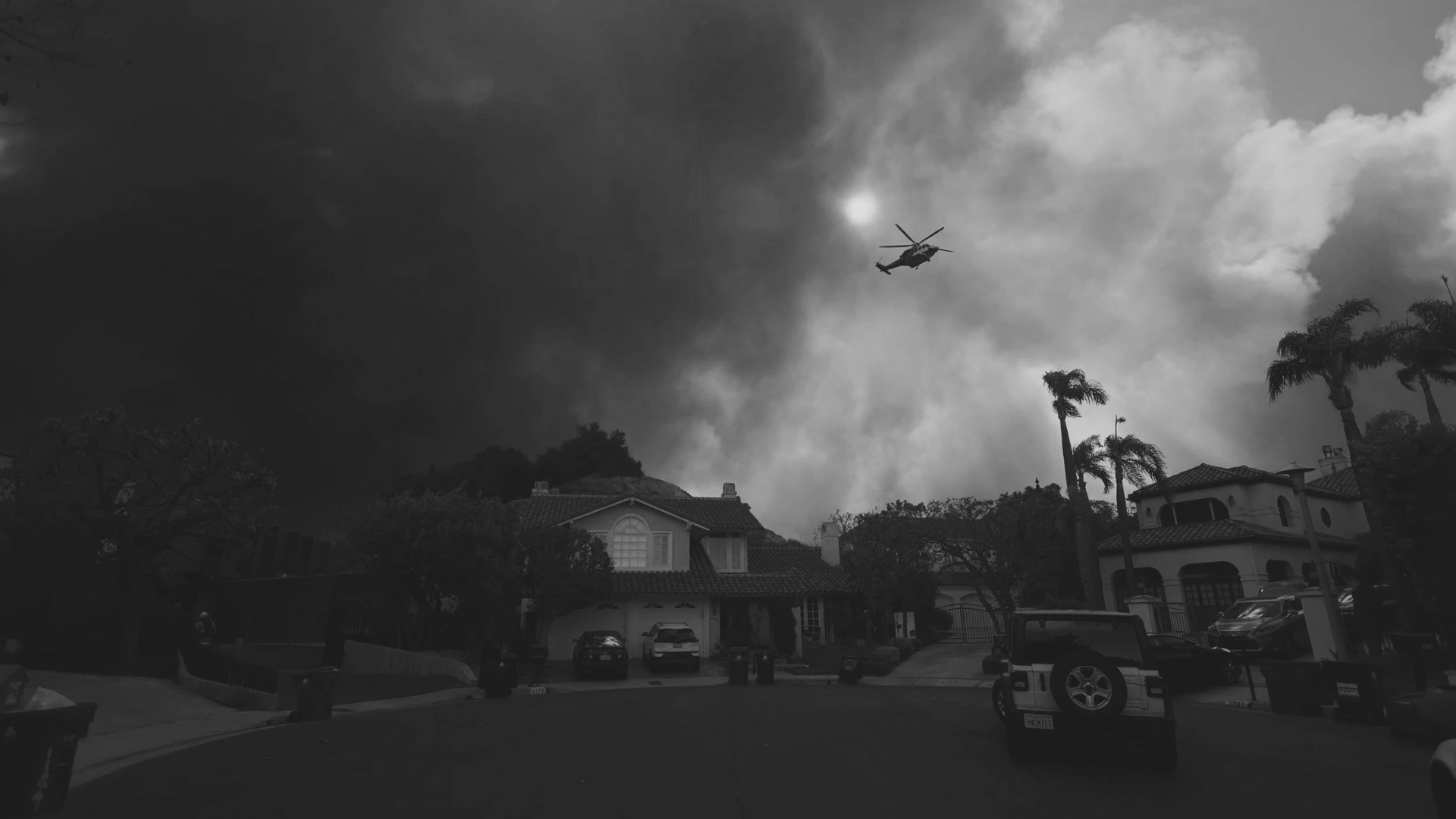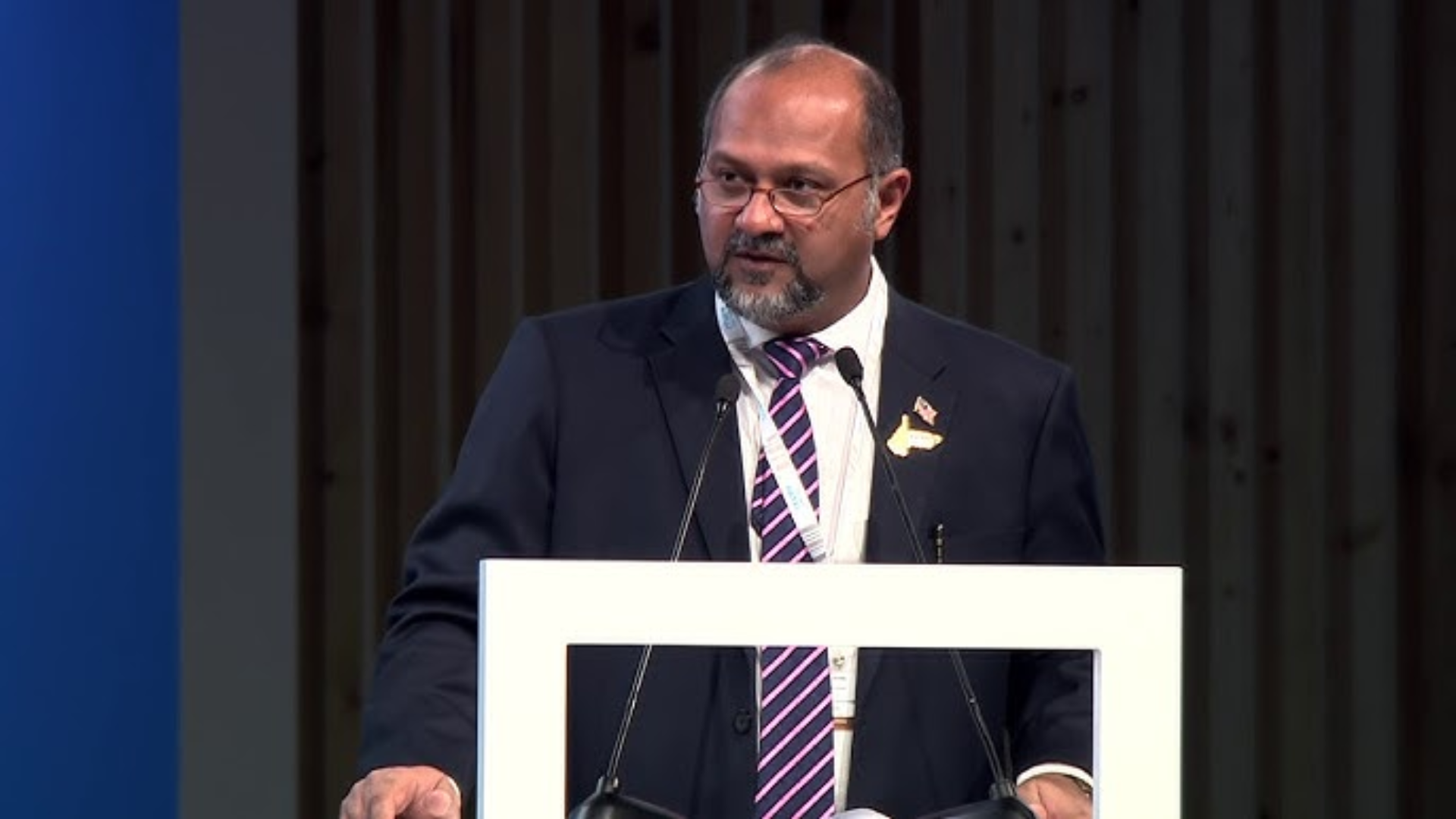Canadian Prime Minister Justin Trudeau announced his resignation on Monday, marking the end of nearly a decade in power. The decision comes as his government faces mounting criticism, internal divisions, and declining public support. Trudeau’s departure signals a significant shift in Canadian politics ahead of the next general election.
Struggles Within the Liberal Party
Despite plans to seek a fourth term in the upcoming election, Trudeau faced growing resistance from within his own Liberal Party. Recent by-election losses in Toronto and Montreal, historically strongholds for the Liberals, underscored waning support. Polls have shown the party trailing the opposition Conservatives significantly, with a Nanos survey placing the Conservatives at 47% compared to the Liberals’ 21%.
The sudden resignation of Finance Minister Chrystia Freeland further highlighted the challenges Trudeau’s government faced. Freeland’s departure sparked speculation of unrest within the Cabinet and intensified calls for new leadership.
A Legacy of Liberal Reform
Trudeau’s tenure began with a wave of optimism in 2015, as he promised a return to liberal ideals after a decade of Conservative rule. Early successes included championing immigration, legalizing cannabis, and appointing Canada’s first gender-balanced Cabinet. Trudeau’s emphasis on diversity and inclusion earned him praise domestically and abroad.
However, his popularity eroded over time due to growing dissatisfaction with his handling of pressing issues like the rising cost of living, affordable housing, and immigration. Critics argued that his policies failed to address the concerns of middle-class Canadians, further alienating voters.
A Political Dynasty and Star Power
Justin Trudeau is the son of Pierre Trudeau, one of Canada’s most iconic prime ministers, who served for nearly 16 years and is remembered for his progressive policies and charisma. Following in his father’s footsteps, Justin became Canada’s second-youngest prime minister in 2015, capturing public attention with his youthful energy and media-savvy approach.
Before entering politics, Trudeau worked as a teacher, nightclub bouncer, and snowboard instructor. His diverse background, coupled with his Hollywood-like charm, helped him build a strong public persona. However, critics often questioned whether he had the political depth to lead the country effectively.
Challenges and Controversies
In recent years, Trudeau’s leadership faced numerous challenges. The cost of living crisis, particularly soaring food and housing prices, became a focal point of public dissatisfaction. His immigration policies, once a hallmark of his progressive stance, came under scrutiny amid debates over their impact on infrastructure and services.
Internationally, Trudeau faced pressure from the United States, with President Donald Trump threatening tariffs on Canadian goods unless tougher measures were taken to curb the flow of migrants and drugs across the border. These tensions strained Canada’s trade relations with its largest partner, further complicating Trudeau’s leadership.
What’s Next?
Trudeau’s resignation paves the way for a new chapter in Canadian politics. As the Liberal Party seeks a successor, the Conservatives, led by Pierre Poilievre, are poised to capitalize on the Liberals’ vulnerabilities.
Trudeau’s decision marks the end of an era defined by ambitious promises and polarizing debates. While his tenure had moments of progress and reform, the mounting challenges ultimately overshadowed his legacy, leaving Canada at a political crossroads.

















